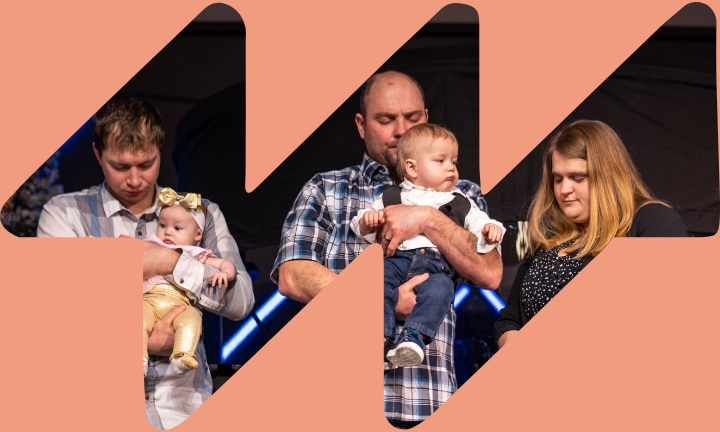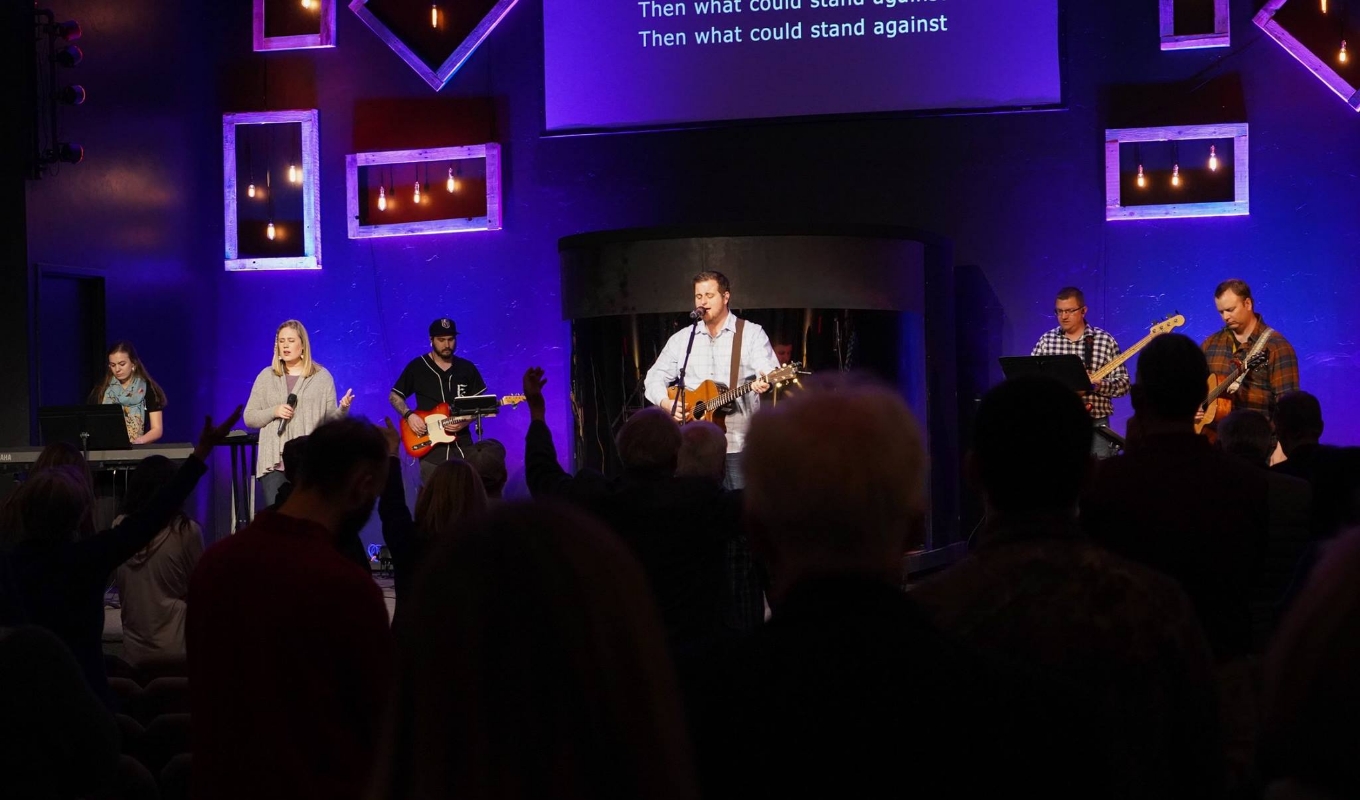Our emotional life becomes the vehicle for various feelings to run through our life. Our emotions can carry joy and peace, but life can change as quickly as you read this, and our emotions can carry guilt and fear. Emotions are powerful and tend to control our thought life and eventually our actions. To gain emotional stability and then to hang on to that stability is a major victory and can hold life’s destiny.
When does guilt begin to accumulate in our life, and how can we recognize it and deal with it? Some are very sensitive in their emotional life and would never offend you, and if they did, they would quickly correct the offence. For others, guilt accumulates, and it seems they stockpile it in their emotional life. They can do gross evil and it does not affect them.
Eli Wiesel was a Jewish reporter for a Jewish magazine at the Nuremberg Trials, where the perpetrators of the Holocaust were being tried. Wiesel was a victim of the holocaust and had endured the Nazi Prison camps. One of the men on trial at Nuremberg was Adolph Eichmann, who was deeply involved in the elimination of the Jews. He had fled to Argentina where he was tracked down and brought back to Nuremberg [Nuremburg was the site chosen for the international court to meet]. As Wiesel sat in the courtroom during Eichmann’s questioning, Wiesel said Eichmann showed no signs of remorse or sorrow for the horrendous deeds he had done. He felt justified in following orders from Hitler, and he had no guilt. Why? How could a man be responsible for the death of thousands of innocent people and justify it all by saying “I was just following orders”? Does that eliminate all feeling of guilt?
Desmond Tutu, the Bishop of South Africa after the fall of Apartheid, led the “Truth and Reconciliation Commission”, where the perpetrators of all the violence and death during Apartheid were brought face to face with the people they had abused and violated. This was not a court of justice, but an attempt to bring reconciliation between the victims and the perpetrators of the violence. BishopTutu wrote a book on the outcome of this commission for reconciliation, because the entire world was looking in at the proceedings. Again, the perpetrators of all the violence could look their victims in the eye and say they were innocent of any crime. They could justify everything they did. There was no guilt.
Guilt can be classified into three categories:
First, there can be inner guilt towards myself. This guilt can accumulate from my youth and can become like an anchor that I drag behind me. It can be like a burned out light bulb that darkens my life. I live in a dark, confusing world, not even aware of the anchor that holds me back. It affects my self-worth and brings feelings of inadequacy.
Second, I accumulate guilt towards others. This guilt comes out of my social network. I compare myself with others and I will attack others in an attempt to bring them down to where I am. It is a guilt of inferiority.
Third, there can be guilt towards God. I feel that God is so distant that I could never please him, or meet his expectations. This is the guilt of conviction. These people are afraid of God, feeling He is a big hammer ready to hammer them for all their sins. They have no concept of forgiveness. They live in guilt.
It is natural to feel guilt because none of us are perfect. We all fail to live up to our own expectations and are disappointed with ourselves. We fail God. But what do we do with our guilt?
Can I share a story with you? It is told in Genesis 27 and the following chapters. It involves Jacob and Esau. Their father was Isaac. Isaac was old and it was time to bestow the blessing on the first born who was Esau. Isaac asks Esau to go into the field and prepare for him some of his favorite stew before he would bestow the blessing. The boy’s mother, Rebekah overhears the conversation and suggests that Jacob deceive his father, making him believe that he is Esau, and thus steal the blessing of the firstborn [his father was blind]. This he does and receive the blessing of the firstborn. Esau comes in a bit later, learns what has happened, and weeps bitterly. He cries out to his father, “don’t you have a blessing for me”?
The tension becomes very great between these boys. Esau develops a plan to kill his brother. Jacob must flee and he flees to his mother’s brother home far to the East. There he stays for 20 years, accumulating a family and great wealth. Then, he decides it is time to return home. Coming home is always good, but what do you do with an offended family member that you have deeply offended and who wants to kill you?
The story is told in Genesis 32. Jacob arranges his flocks, herders and family in order. As he gets closer to home, note what he does. He knows he has a done wrong, and he feels the guilt, but how is he to handle it? He sends messengers ahead of his caravan to intercept Esau in case Esau has heard of his coming. Jacob’s messengers are to inform Esau that Jacob is behind them and coming with his family and herds. The messengers return to Jacob and inform him that they indeed did meet Esau and he was on his way to meet Jacob, with 400 men! Jacob is fearful. This is a natural fruit of guilt. The text says, “Jacob was extremely fearful…”. What Jacob is attempting to do is to buy back his relationship with his brother with a total of 440 goats, 30 camels, forty cows, ten bulls, and 30 donkeys. That is over 500 animals! Guilt can carry a heavy price.
The issue between Jacob and Esau is never resolved. It carries itself forward even to King Herod, a descendant of Esau [the Edomites], who after hearing the message of the Wisemen, killed all the children [descendants of Jacob] under two years of age who lived in the Bethlehem area.
I have not answered the question I posed earlier: “what do I do with guilt”? If I allow it to grow, its consequences can be fatal. It is a tragic thing to live with this spiritual malignancy and allow it to eat out my innards to the point where it controls my life and I die with this heavy weight tied to me like a rock.
The only solution the Bible presents is to give that guilt to Jesus. On the cross He really did resolve all the pollution I gather and I can become one of His children. I can also live a guilt free life as I allow His forgiveness to wash and cleanse me. Though I feel so inadequate for the challenges of life, I can know that He created me, and that He can make me adequate to the challenges He places before me.
It is a tragic place to be where my conscience is so dead that I feel no guilt, but it is also tragic to live with guilt and not know what to do with it.



